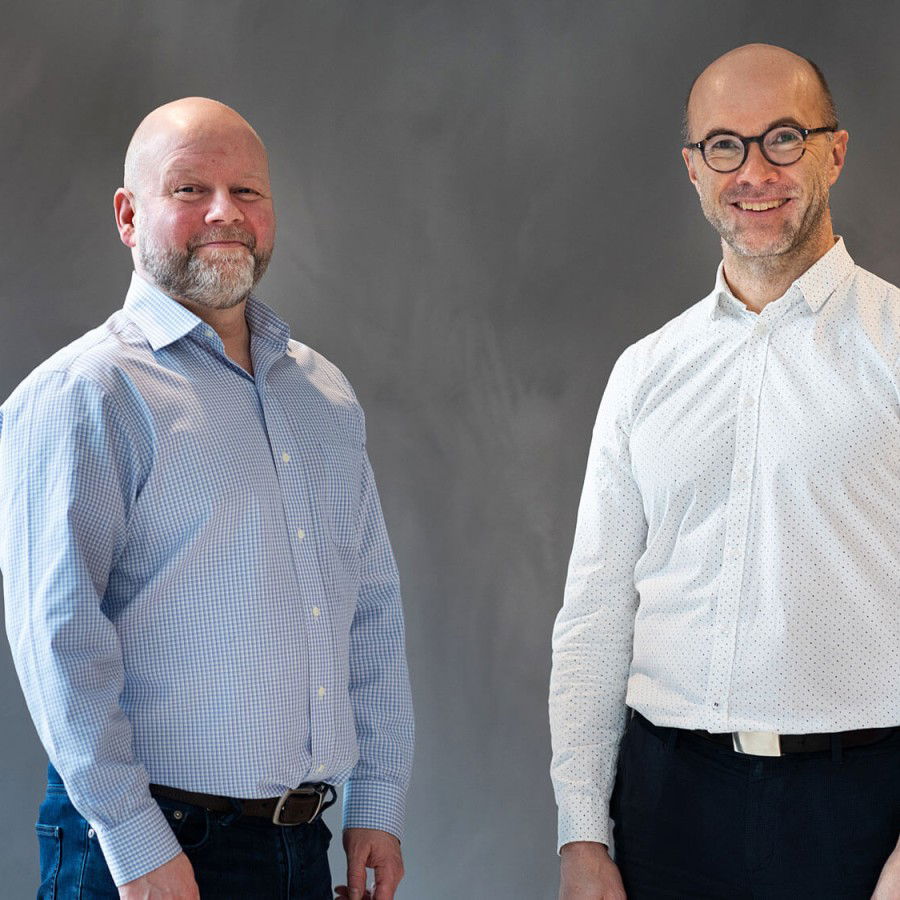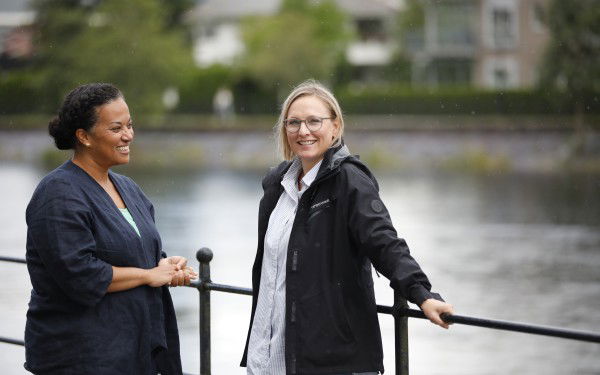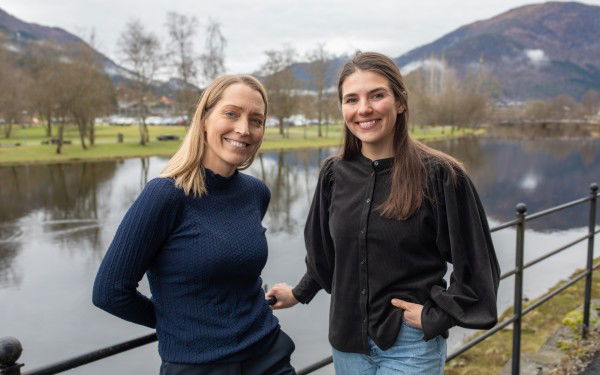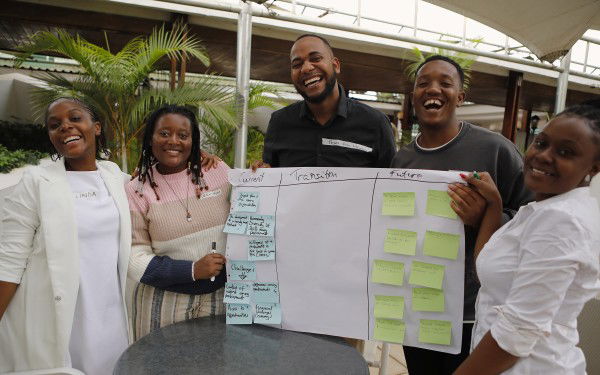New responsibilities for Norec
13. June 2022
Starting from April 1, Norec will be tasked with coordinating the recruitment of Norwegian citizens for positions financed by Norway in the UN-system, and the World Bank.
The positions are those of United Nations Volunteers (UNVs), Junior Professional Officers (JPOs), and Sustainable Development Professionals (SDPs).
– We are happy to have been delegated this task, which until now has been done by the Norwegian Ministry for Foreign Affairs. It fits what we are already doing; facilitating exchanges of professionals and volunteers between Norway and countries in Africa, Asia, and Latin America, says Mr. Jan Olav Baarøy, Director General of Norec. He himself was a JPO in Uganda and New York at the start of his career.
– That experience was important for me and for my current career within development and international co-operation. As per now, we have more than 45 Norwegian citizens within the UN and World Bank systems through these positions. They are working across a broad variety of themes. Our aim is for them to stay in the multilateral systems, or to continue working with Sustainable development and international co-operation, says Mr. Baarøy.
Successful applicants through Norec are required to have a Norwegian citizenship, in addition to higher education and some international experience. High proficiency in English and another official UN-language is also required. The positions are first and foremost for young professionals. There will be recruitments once a year.
Norec will be coordinating the recruitments, but the UN organisations are responsible for selection, and will be the employers. Once employed, a UNV or a JPO will stay in the position between 1 and 3 years. Some start off at the Headquarters in New York, Washington, or Geneva, while others start at a field -station, often in the global South. Ideally, they will switch duty station at some point to experience both realities. That way, they can learn about how international organisations work.
– Working as a UNV, a JPO or an SDP is a great chance both to learn about and experience international co-operation, which is needed more than ever today, concludes Mr. Baarøy.




